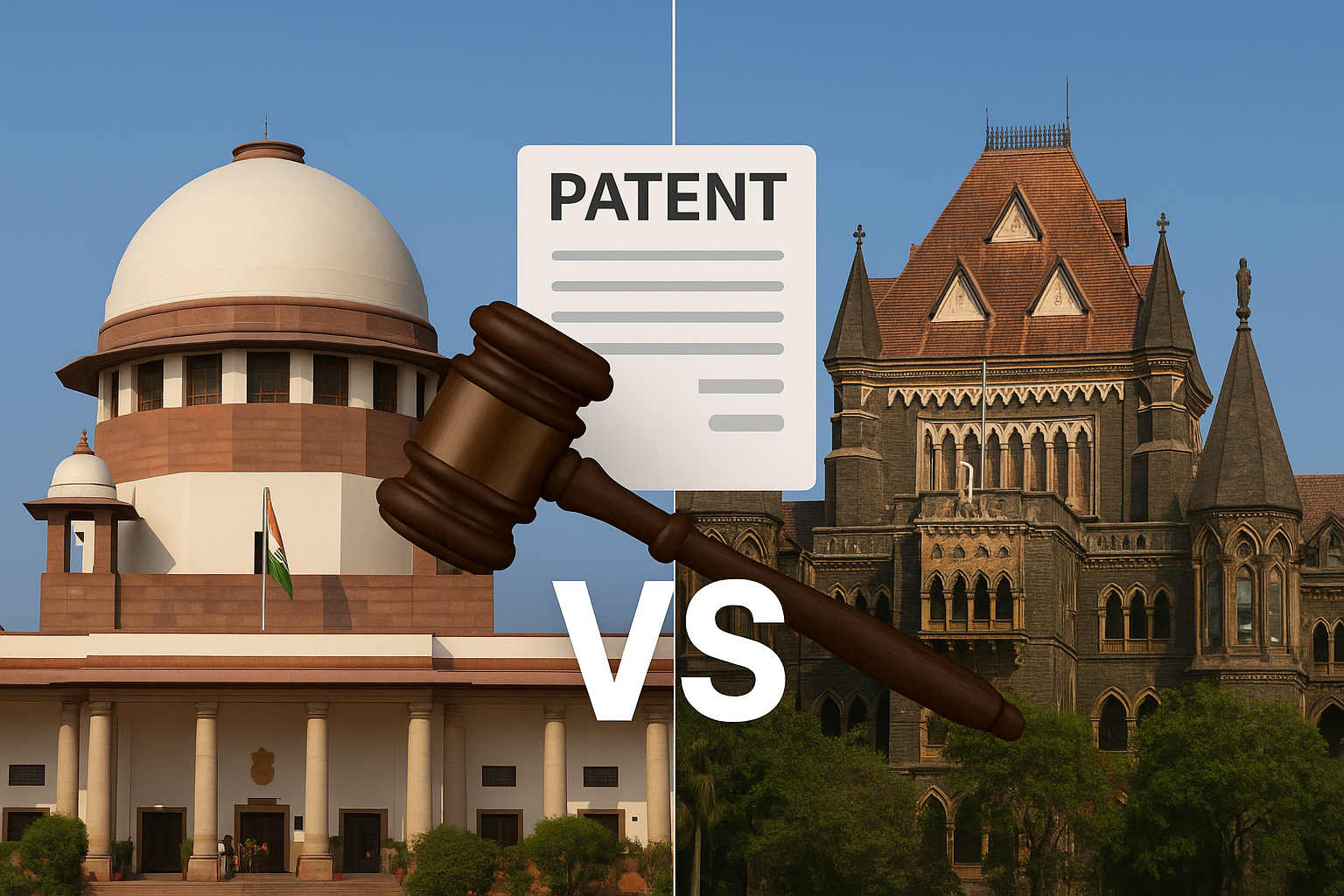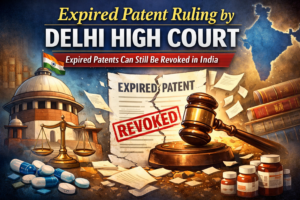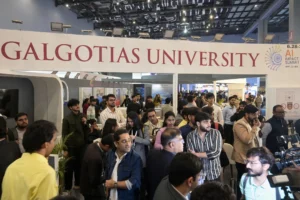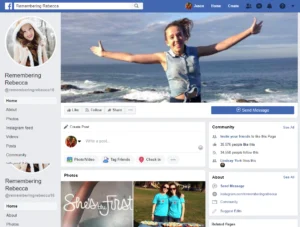The Supreme Court of India has ordered the transfer of the ongoing patent infringement dispute between Eureka Forbes Limited and Atomberg Technologies Private Limited from the Delhi High Court to the Bombay High Court. The apex court took this step to prevent duplication of proceedings and avoid conflicting judgments on overlapping issues.
A bench comprising Justice Pamidighantam Sri Narasimha and Justice Atul S. Chandurkar delivered the ruling. The court found that both companies had initiated separate but related legal actions concerning the same patented technology used in Atomberg’s “Intellon” water purifier.
Background of the Dispute
Atomberg launched its Intellon water purifier on June 20, 2025. Soon after, the company filed a suit in the Bombay High Court on July 1, 2025, under Section 106 of the Patents Act, 1970, alleging groundless threats of patent infringement from Eureka Forbes.
Eureka Forbes responded by filing a patent infringement suit in the Delhi High Court on July 7, 2025, invoking Section 104 of the Patents Act. The company claimed Atomberg had violated its patent rights related to water purification technology.
The key issue was jurisdiction. Eureka Forbes argued that Delhi had jurisdiction because an online purchase and delivery of Atomberg’s product took place there. Atomberg countered that both companies’ registered offices were in Mumbai, and that the Bombay High Court was already hearing its first-filed suit on the same matter.
Supreme Court’s Findings
The Supreme Court agreed with Atomberg’s position. It noted that although the two cases were filed under different provisions of the Patents Act, the facts, evidence, and central questions were substantially identical.
The bench emphasized that allowing the cases to continue in separate courts could lead to conflicting decisions. It ruled that the Delhi High Court’s suit should be transferred to the Bombay High Court for joint consideration.
The Court further observed that the Delhi suit’s jurisdiction was based solely on a single online transaction, while the bulk of corporate activity and the first suit were linked to Mumbai.
Court’s Direction
The Supreme Court directed that the Delhi case be transferred immediately to the Bombay High Court. It also instructed both parties to seek an early hearing on the pending injunction applications to ensure swift resolution.
With this order, Atomberg’s transfer petition was allowed, and Eureka Forbes’ counter-petition seeking to move Atomberg’s case to Delhi was dismissed.
Legal and Industry Implications
The judgment highlights the Supreme Court’s effort to promote judicial efficiency and consistency in intellectual property litigation. It reinforces that when two suits involve the same facts and parties, the first-filed suit will often determine the proper jurisdiction.
The ruling also clarifies that online sales or deliveries alone do not automatically grant jurisdiction to a particular court if the primary connection and business operations lie elsewhere.
This case will likely serve as a precedent for future patent disputes, especially in the technology and consumer electronics sectors where companies frequently operate across multiple jurisdictions.





